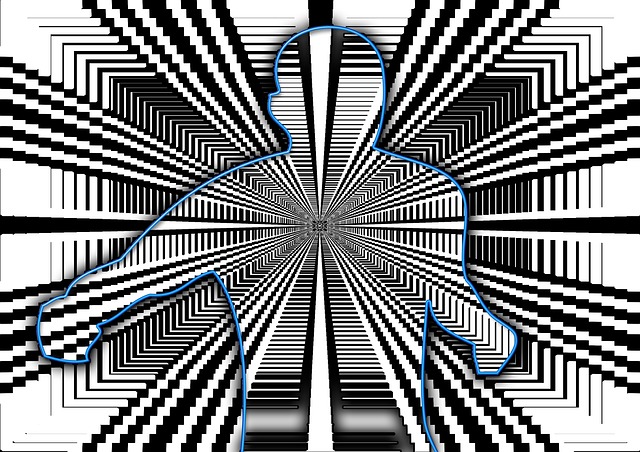 Submitted by Gnosis on
Submitted by Gnosis on

pixabay.com
Under What Conditions Would You Upload Into A Simulated World?
"Mind Uploading" is the hypothetical process of copying your mind into a computational device. If futurists such as Ray Kurzweil are correct, we might be only a few decades away from mind uploading as a real technological option.
When mind uploading is presented in science fiction, usually the following are assumed:
(1.) The uploaded mind retains all the important psychological features of the original mind (including, of course, a genuine stream of conscious experiences).
(2.) The uploaded mind experiences a world as rich as the world of the original mind. If the mind is uploaded into a robot, that world might just be the same world as the world of the original mind. If the mind is uploaded into a Sim or a Matrix world-- that is, an artificial environment of some sort -- that artificial environment is usually assumed to be as rich and interesting as the mundane environment of everyday Earth for normally embodied humans.
Under these conditions, if we also assume that uploading has substantial advantages in improving longevity, allowing backups, improving one's cognitive powers, or giving oneself access to a new rich vein of experiences and possibilities, then it probably makes sense to upload, unless one is strongly committed to traditional human embodiment or to projects or relationships that would no longer be possible post-upload.
However, it seems natural to suppose that if uploading does someday become possible the first uploads will not have features (1) and (2). The first uploaded people (or "people"), even if genuinely conscious, might be seriously psychologically impaired and unable to access a full, rich world of experiences.
There might, however, still be advantages of uploading in terms of longevity and experienced pleasure.
In "Fish Dance", the narrator is presented with the option of uploading his mind under these conditions:
(a.) the world is tiny: a single dance floor, with no input from the larger world outside;
(b.) his mind is limited: he will have some memories from his pre-uploaded self, but he won't fully understand them, and furthermore he won't be able to lay down new memories that last for more than an hour or so;
(c.) his dance-floor experiences will be extremely pleasurable: ideal experiences of dancing ecstasy;
(d.) he will experience this extreme pleasure for a billion years.
Also relevant, of course, are the relationships and projects that he would be leaving behind. (In our narrator's case, a recently deceased child, a living teenage child who wants him to upload, a stale marriage, and an okay but not inspiring career as a professor.)
I say the relationships and projects "he" will leave behind, but of course one interesting question is whether it makes sense to call the uploaded being "him", that is, the same "him" as the narrator.
If it seems obvious to you what one should do under such conditions, the parameters are of course adjustable: We can increase or decrease psychological function, psychological similarity, and quality of memory. We can increase or decrease the size of the world and the range of available input. We can increase or decrease the pleasure and longevity. We can modify the relationships and projects that would be left behind.
You or your descendants might actually face some version of this decision.
Eric Schwitzgebel